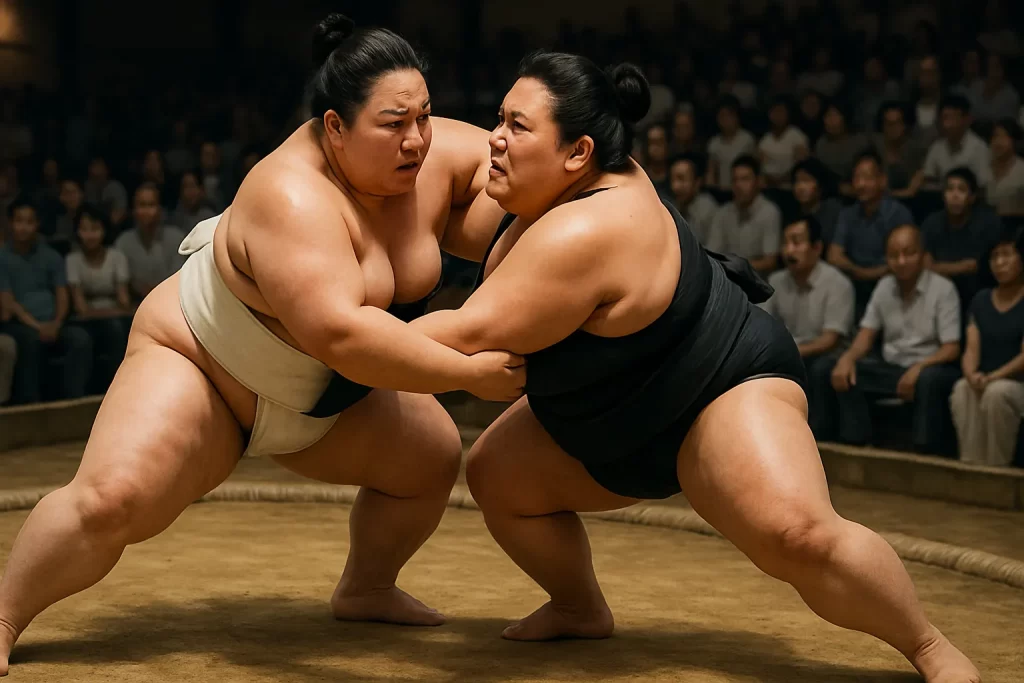Women’s Sumo

Women’s Sumo is a modern competitive branch of sumo wrestling that brings the sport’s core principles—balance, strength, and explosive movement—into a female-inclusive arena. While historically restricted in Japan, women’s sumo has flourished internationally, with structured tournaments, weight classes, and dedicated training programs around the world. The sport retains traditional techniques like yorikiri and oshidashi, adapted through athletic conditioning and inclusive regulations. Female sumotori compete at high levels, from youth leagues to world championships, proving sumo’s universal athletic potential. Women’s Sumo is both a continuation and a breakthrough in the evolution of the sport.
Ashihara Karate Essentials
About Women’s Sumo
Explore Women’s Sumo — a competitive sport that brings the discipline, intensity, and balance of sumo to a new generation of female athletes.
Women’s Sumo History
Discover the rise of Women’s Sumo from marginal exhibitions to full international recognition, with key milestones since the late 20th century.
Philosophy & Approach
Understand how Women’s Sumo emphasizes skill, agility, and technical precision over size — making the sport accessible and strategic.
Techniques & Style
Learn how classic sumo techniques like tsuki, nage, and yori are executed with explosive timing and tactical awareness in female divisions.
Traditions & Etiquette
See how Women’s Sumo honors sumo culture through bowing, salt-throwing, and mutual respect, adapted with modern gender inclusivity.
Uniform & Symbols
Explore the functional gear used in women’s divisions — including sports-style mawashi, singlets, and regional or team insignias.
Weapons
Sumo is unarmed, but Women’s Sumo fosters whole-body coordination and explosive power that transfer to practical self-defense applications.
Ranking System
Understand the tiered system used in Women’s Sumo: from local circuits to national and global rankings based on tournament performance.
Women’s Sumo Glossary
Master terms like dohyō, tachi-ai, kimarite, and rikishi — all recontextualized in the framework of modern female sumo competition.
Notable Figures
Meet trailblazing athletes and coaches who’ve pioneered Women’s Sumo across continents, from Japan to Poland, Brazil, and the USA.
Branches & Organizations
Explore the networks and federations behind Women’s Sumo — including IWGA, national federations, and youth development initiatives.
Competitive Format
Learn about Women’s Sumo competitions: round-robin pools, elimination brackets, and structured weight divisions from lightweight to open.

